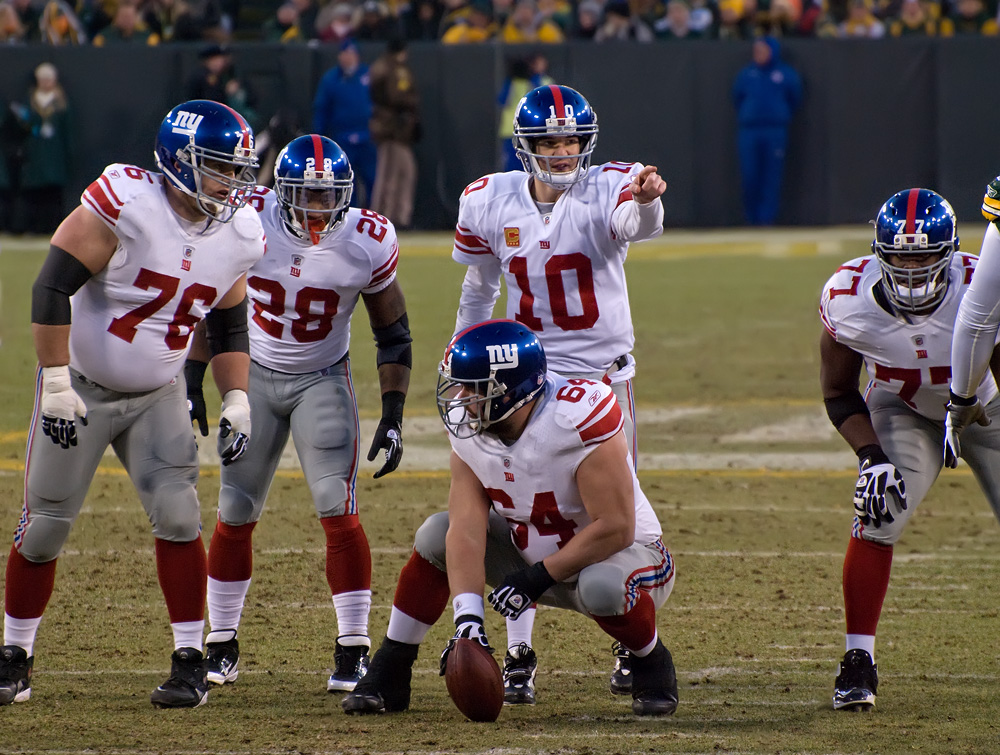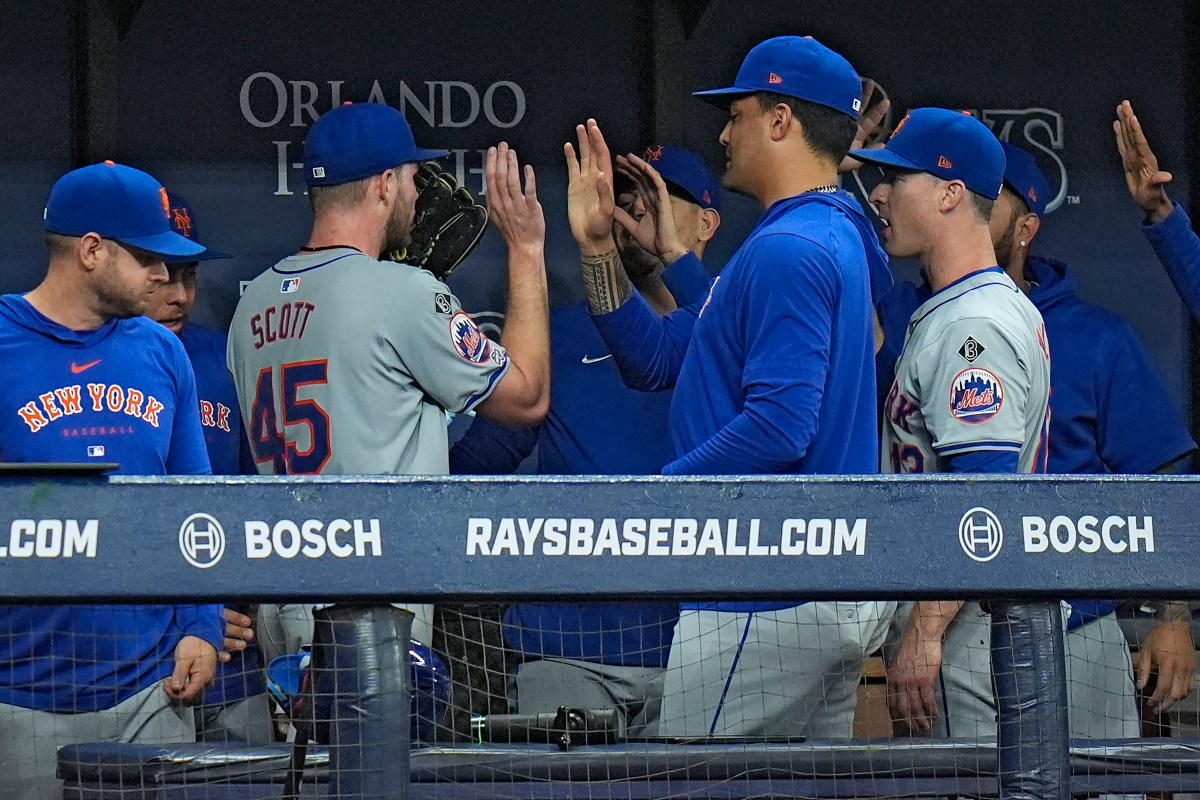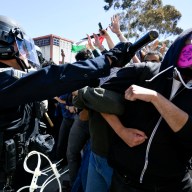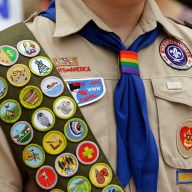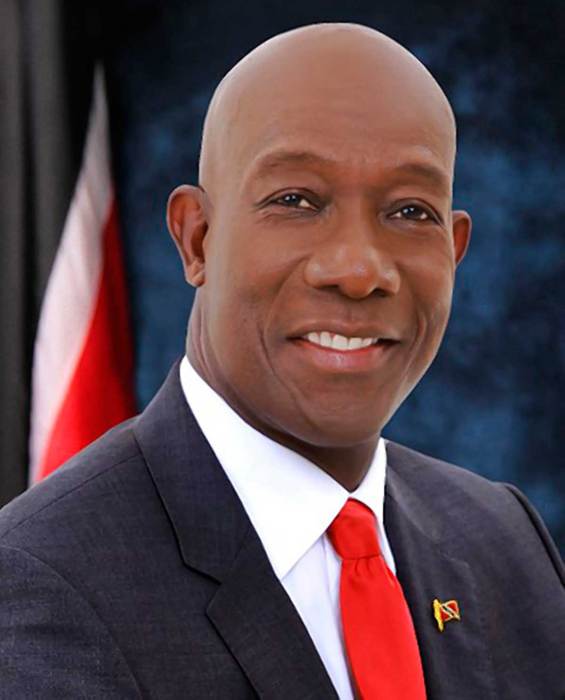LAVAL, Que. – It may be temporary, but it sure isn’t makeshift.
The state-of-the-art laboratory dedicated to foiling athletes who cheat at next month’s Vancouver Olympics received its official certification Wednesday, the first time a temporary facility has been given accreditation by the Standards Council of Canada.
The certification was handed over at a ceremony at INRS Doping Control Laboratory in Laval, Que., Canada’s anti-doping lab which will run the Vancouver Games lab as a satellite operation.
The Olympic lab, with a staff of about 40 trained technicians, will be run round the clock during the Games, processing roughly 2,500 urine and blood samples within a mandatory 24-hour turn-around time. It will also do the doping control work for the Paralympics, which follow in March.
“I would take pride in seeing nothing. No positives. Because then I would get the feeling that they were scared enough by our reputation so that they would have been more careful,” lab director Christiane Ayotte said following the ceremony.
With with nearly three decades of experience in this field however, it doesn’t sound like Ayotte is expecting that wish to be fulfilled.
Her staff will be testing specimens for a range of banned substances. As always, the chief suspects are anabolic steroids used to build muscle mass and strength and blood doping techniques and products used to stimulate red blood cell production and boost endurance.
“Now is there a possibility that something new could be used and not detected by the lab? Yes. But it’s remote. I think we’re quite confident that we’ve put in place everything that could be done,” Ayotte declared.
“That said, it’s not going to give anyone a certainty that no athletes could have doped in the month prior to the Games.”
Michel Girard, director of strategic relations for the Standards Council, said the accreditation process puts a lab through its paces, checking on things like whether there is a backup power supply in case of an outage and whether emergency preparedness plans are in place.
It also insures approved procedures are followed, tests are validated and equipment is calibrated, he said.
That’s key, explained Jacques Girard, director of the Bureau de normalisation du Quebec, the province’s equivalent of the federal body and the group that actually did the accreditation checks.
Athletes need to know that doping tests are uniformly accurate, he said, because a lot rides on the results.
“You need to do the testing according to methods that are validated so that they can produce results that are reliable time after time,” Jacques Girard said.
“A gold medal, if we take the Summer Games for the 100 metres (race), it’s worth $30 million,” he said, estimating the endorsement value of the marquee event of the Olympics.
“So when you give the result saying ‘You cannot keep your gold medal’ you have to be very sure of what you’re doing.”
Labs that do drug testing for the Olympics are required by the World Anti-Doping Agency to have this type of accreditation.
The Standards Council of Canada accredits about 400 public and private sector laboratories in Canada. Michel Girard said the Olympic lab, which is located under the speedskating oval in Richmond, is the first temporary lab the agency has accredited.



